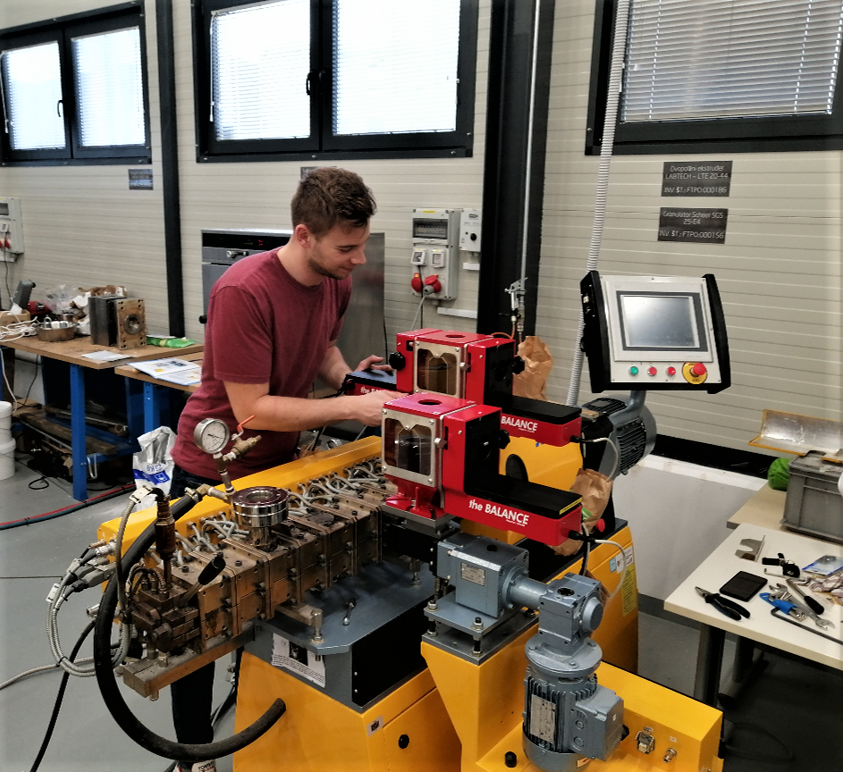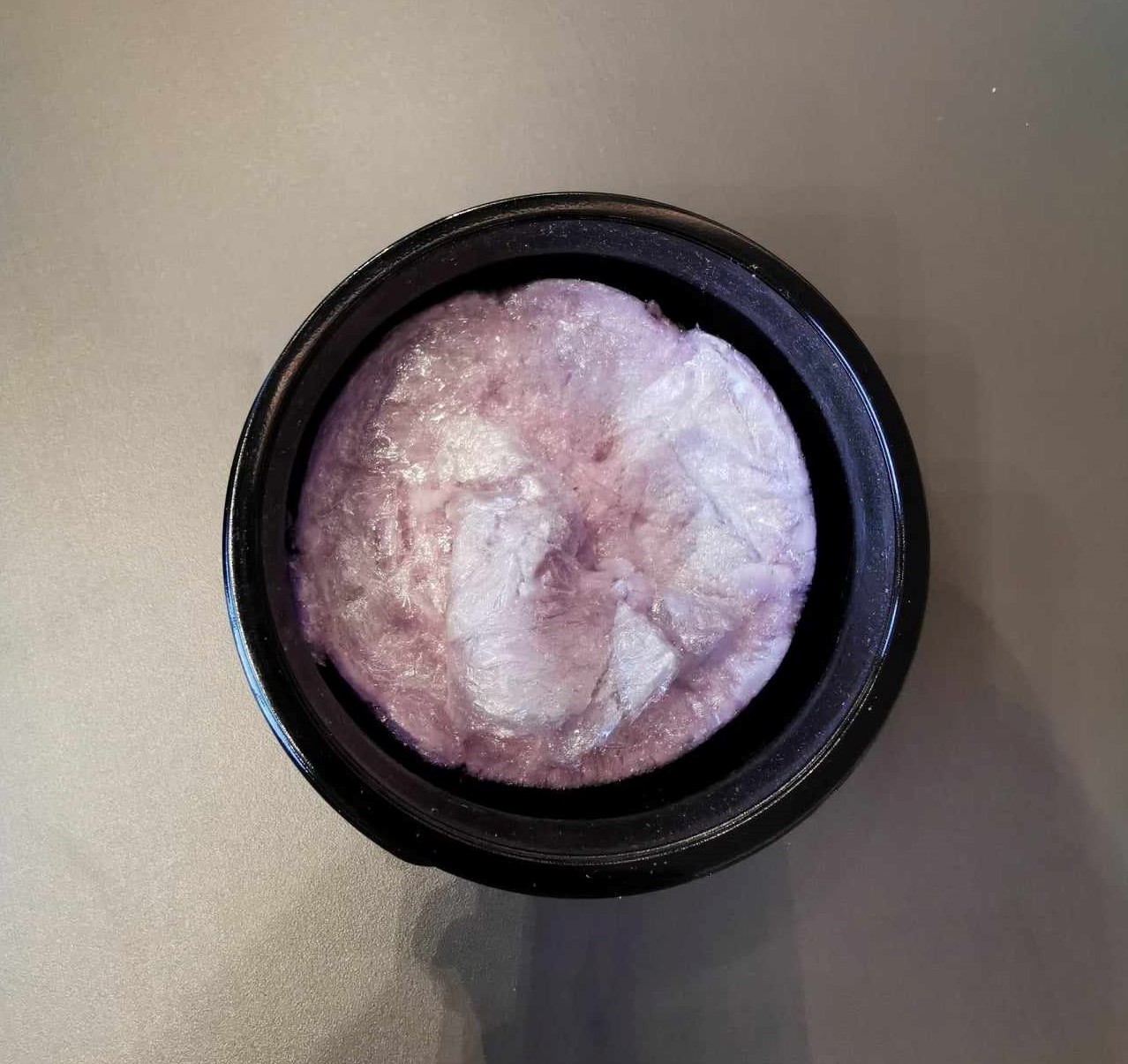
11 July 2024 – SRIP – Circular economy, which aims to sustainably increase the efficiency and competitiveness of the Slovenian economy in the transition into circular economy, has for the second consecutive year awarded prizes for the best inventive solutions in the field of the circular economy.
This year’s call for the best inventive solutions in the circular economy, supported once again by the Ministry of Cohesion and Regional Development and the Ministry of Higher Education, Science and Innovation, received 27 applications, which shows the strong growth of development and innovation activity in Slovenia.
The expert committee, chaired by Dr. Martin Ocepek, Head R&D Synthetic Resins at Helios TBLUS, Ltd, and including Dr. Zorka Novak Pintarič, Full Professor at the Faculty of Chemistry and Chemical Technology at the University of Maribor, Marko Hren, Head of the Smart Specialisation Coordination Division at the Ministry of Cohesion and Regional Development, and Mag. Aleksandra Podgornik, Director of the Chamber of Commerce and Industry of Štajerska, awarded two gold, thirteen silver and seven bronze prizes for the best inventive solutions and five prizes were given for development activities in the field of circular economy.

Among the recipients was the project LFIA-REC – Recycling of Rapid Antigen LFIA Tests (COVID-19), which received a silver prize. The LFIA-REC project developed an innovative process for collecting, sterilising, separating, recycling and reusing materials that are the basic components in rapid antigen tests. This process allows for the energy-efficient sterilisation and separation of the test components, which are then recycled into plastic and refined into gold. The recovered materials are further processed and reused.
Supported by the Norwegian Financial Mechanism, the LFIA-REC project involved collaboration between the Faculty of Mechanical Engineering at the University of Maribor, Surovina, Waste processing company, Ltd, Zlatarna Celje, Ltd, Plastika Skaza, Ltd, the Faculty of Polymer Technology, the University Medical Centre Maribor, and the Institute of Metals and Technology.
Source: Faculty of Mechanical Engineering, University of Maribor and SRIP – Circular economy